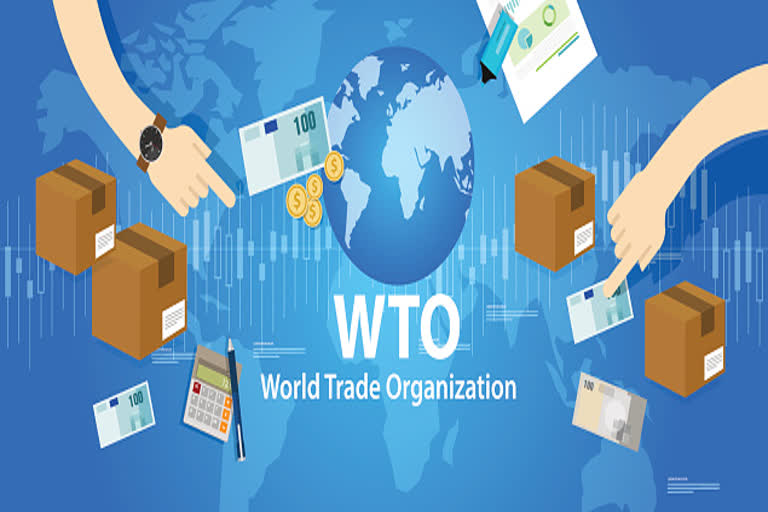New Delhi: A ruling given by the WTO's dispute settlement panel on renewable energy or the solar sector in favour of India has been challenged by the US in the upper body of the World Trade Organization.
In June, a WTO dispute resolution panel ruled in favour of India in a case against the US saying that America's domestic content requirements and subsidies provided by eight of its states in the renewable energy or the solar sector are violative of global trade norms.
The US has challenged this ruling in the WTO's Appellate Body, which is above the dispute settlement panel.
"The US hereby notifies its decision to appeal to the appellate body certain issues of law covered in the report of the panel in US Certain Measures Relating to the Renewable Energy Sector and certain legal interpretations developed by the panel," a WTO communication has said.
The panel in its ruling had concluded that the measures of the US are inconsistent with certain provisions of the General Agreement on Tariffs and Trade (GATT).
The GATT aims to promote trade by reducing or eliminating trade barriers such as customs duties.
In September 2016, India had dragged the US to the WTO's dispute settlement mechanism over the issue.
Read More: IT Minister to meet leaders of
Washington, California, Montana, Massachusetts, Connecticut, Michigan, Delaware and Minnesota were the eight states providing subsidies.
India had stated that the measures are inconsistent with global trade norms because they provide less favourable treatment to imported products than domestic products, and because the subsidies are contingent on the use of domestic over imported goods.
Parties to a dispute can appeal a panel's ruling. Appeals have to be based on points of law, such as legal interpretation -- they cannot re-open factual findings made by the panel.
Each appeal is heard by three members of an Appellate Body, comprising persons of recognised authority and unaffiliated with any government.
Each member of the appellate body is appointed for a fixed term. Generally, the Appellate Body has up to 3 months to conclude its report.
The Geneva-based body can uphold, modify or reverse legal findings and conclusions of WTO's dispute panel and its reports. If the body's ruling goes against India, the country will have to comply with the order in six-seven months.
The ruling in favour of India came at a time when there are trade tensions between the two countries.
The US has rolled back export incentives from India under its Generalized System of Preferences programme and New Delhi has imposed higher customs duties on 28 American products.
The two countries are also at loggerheads over a number of other disputes at the WTO. The US has challenged certain export promotion schemes of India, while India has challenged the US' unilateral increase in customs duties on certain steel and aluminium products.



